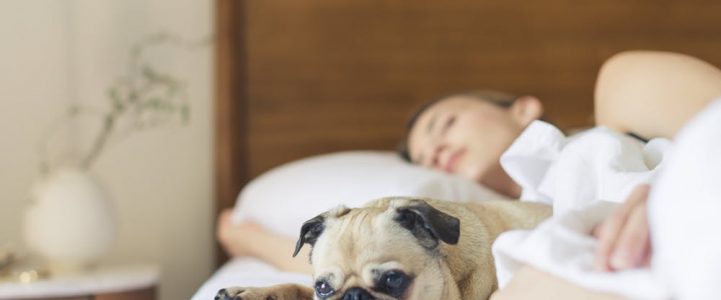Sleep deprivation has reached an all-time-high. Globally, various factors contribute to sleep deprivation. The loudness of the city, environmental factors, work and family stress, and probably the biggest culprit of them all: our smartphones.
Sleep deprivation is strongly linked to: higher levels of depression, stress, and anxiety. Lack of sleep disrupts our circadian rhythm (our natural time clock), thereby getting our days and nights mixed up. And, it contributes to an increased risk of certain diseases – the list is endless.
To avoid health problems, sleep is non-negotiable. It is fundamental to your well-being to prioritize getting adequate sleep and if you can’t, seek help from a Vancouver life coach.
Healthy sleepers have a specific habits, as listed below, which support a good night’s sleep by giving their bodies and cells adequate time to regenerate.
Routine
A nightly routine sets your mind and body up for its natural sleep pattern. For starters, get to bed at around the same time every day, and implement a ritual every night that you know is the start to a good nights’ rest. You can meditate, go through a relaxing skin care routine, read a good book or drink a calming tea.
Regular Exercise
Exercise helps initiate significantly better sleep, as it tires the body and helps to regulate your hormones. Activities that get your heart rate up and get you sweating are proven to improve sleep and battle sleep conditions like insomnia. So instead of stocking up on melatonin, try to implement at least 30 minutes of exercise into your day.
Journal
Physical stress is one thing, but mental stress is a whole other ballgame. Writing things down and getting them out of your mind and onto paper is an effective method to calming the mind, whether that means journaling or writing lists.
Reading
Making a habit out of reading is a way to replace electronic devices wreaking havoc on your sleep. Reading has a way of putting you to sleep and reducing stress levels, no matter what material you choose to read. Putting your phone away in another room and picking up a good book (non-electronic) instead is one of the best things you can do for your sleep!
Low Lighting
Blue lights from electronic devices disrupt our natural melatonin production. An hour before bed, dim your lights as much as possible. The dark triggers the production of melatonin, so keep that in mind the next time you have your lights on at 11pm!
Healthy Lifestyle
A healthy lifestyle is an essential factor in getting you adequate rest, and making sure you go into REM sleep. Avoiding alcohol, caffeine, sugar and other unnecessary substances is fundamental to your wellbeing and sleep pattern. Processed foods and those high in sugar, especially late at night will spike your blood sugar levels and negatively affect your sleep. Try having tea, nuts or fruit instead if you do need a late night snack.
Paying attention to your current habits and altering them in a way that will maximize your sleep and benefit you is the best way to ensuring proper rest, every night. If you are struggling with getting your lifestyle in order, a Vancouver life coach like myself could help you find the most suitable options for you.






